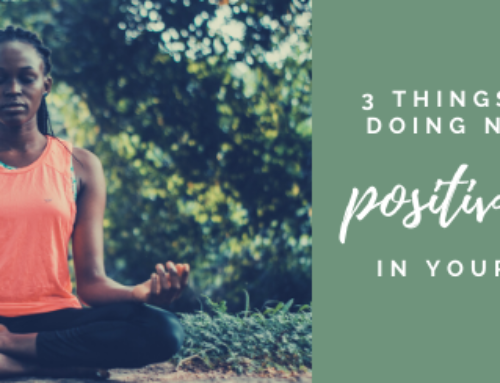What is chlorine and why do we use it?
Chlorine is a disinfectant commonly used in water treatment facilities as well as pools. The benefit of chlorine is that our drinking water is free of potentially deadly bacteria and pathogens, and our swimming pools are not the petri dish of germs they would be otherwise.
Is chlorine safe?
There is a cost to this level of sanitation. As it turns out, when chlorine reacts with pathogens and other compounds found in pool water such as urine and residues from bodycare products, volatile organic compounds are formed (VOCs). VOCs are lung and eye irritants (think about being at the indoor pool) and are thought to increase the risk of cancer. (Note: VOCs are also present in water treated with bromine and saline to different extents.) Chlorine also reacts with your skin and hair and stays with you for days despite regular bathing, further oxidizing hair and skin. Additionally, consuming chlorinated tap water is linked with an increase in reproductive risks for pregnant women.
What you can do to protect yourself and your family from the negative effects of chlorine
While a perfect solution is not available, there are many easy things you can do to protect yourself and your children from the harmful effects of chlorine:
- Use a carbon filter or better for your drinking water. They are readily available, inexpensive, and easy to maintain. For more information, see the Environmental Working Group’s Water Filter Buying Guide.
- Swim in fresh open water in the summer if you have access to a clean, safe watering hole.
- Choose an outdoor pool when that feels like a good option, because the VOCs dissipate more readily outdoors.
- Shower and use the toilet before entering the pool. The VOCs aren’t from the chlorine, but from the chlorine reacting with bodycare products and urine in the pool. Train your kids to get out of the pool to pee ;-).
- When done swimming in any pool water, use Swim Spray, a vitamin C spray that washes away the coating of chemicals left on your skin after swimming in treated water. (Note: As with any spray products, be careful not to inhale it or get it in your eyes or mouth.)
- Know that we are better off swimming in treated pools than in a petri dish, or even not at all. Swimming is an iconic summertime activity and can be an excellent form of exercise year-round!
Be safe and have fun!
Call to set an appointment.
720-340-0193 or Book Now
Join my mailing list here.



